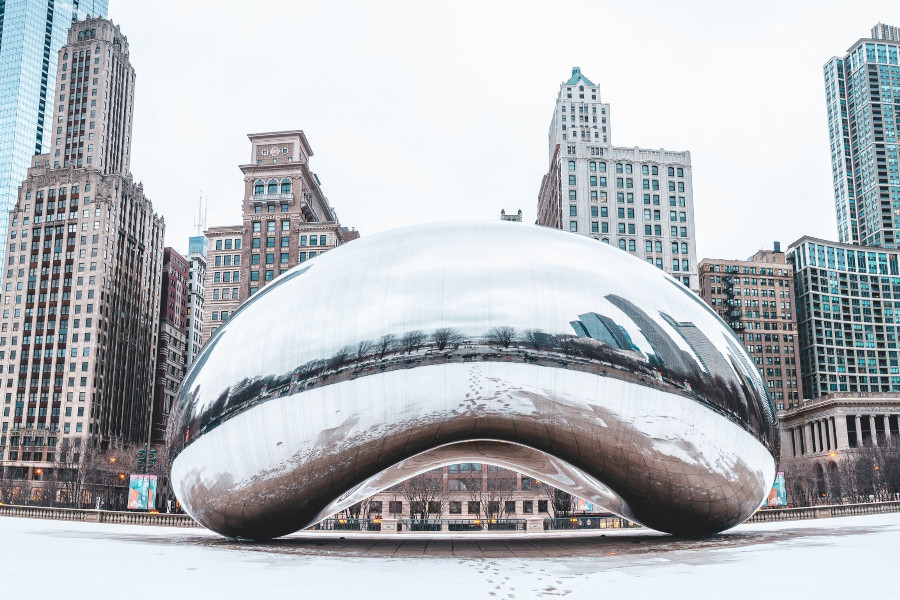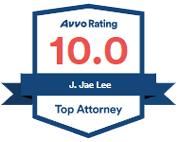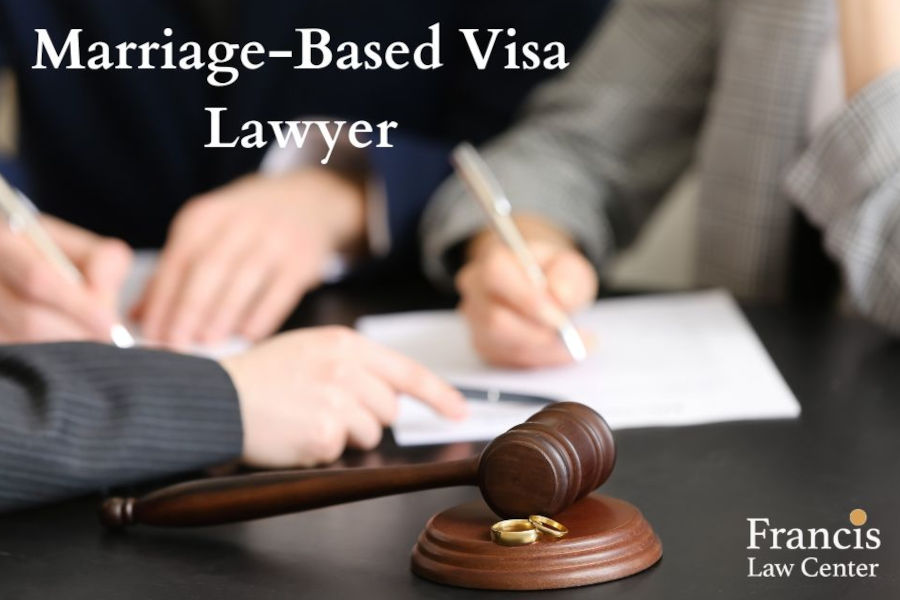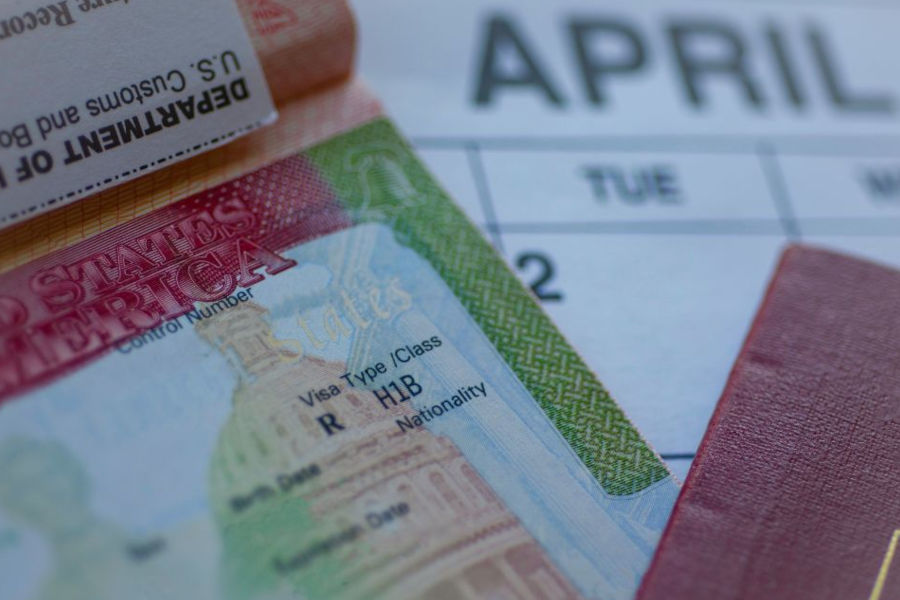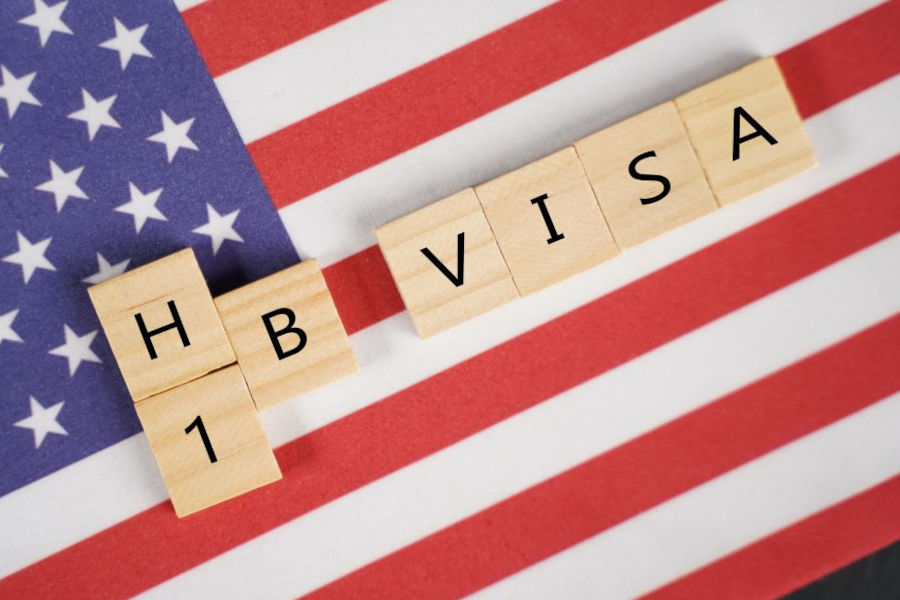The public charge rule has been subject to protracted litigation processes. Multiple federal court rulings from different circuits across the country add more confusion to the status of the public charge rule.
This blog explains the impacts of a series of courts’ decisions on the rule. To simply put, as of August 12, 2020, the public charge rule is again required and applied to those cases filed outside of New York, Vermont, and Connecticut. For those cases postmarked before February 24 or postmarked between July 29 and August 11, 2020, will not be subject to the USCIS’ public charge rule.
The Department of Homeland Security (DHS) attempted to augment the public charge rule last year, aiming to make it harder for immigrants to seek permanent residence in the United States. The Immigration and Nationality Act (INA) states that any alien who is “likely at any time to become a public charge is inadmissible.” The definition of what constitutes a public charge has largely been left to the executive branch, and for years this definition had not received close scrutiny or a strict interpretation.
DHS sought to expand that definition to reduce immigration to the United States if the immigrants have or would come to rely on public assistance programs funded by the government. Using the rulemaking provision extended to the agency via Congress, DHS defined “public charge” to include any alien who was likely to receive public benefits, including cash and noncash benefits, for more than 12 months in the aggregate over any 36-month period.
The rule was challenged across the country, with the Southern District of New York issuing a nationwide injunction against the new public charge rule. DHS quickly challenged this ruling in the Second Circuit Court of Appeals. The Supreme Court stayed this injunction until the appeal concluded, but in July the SDNY issued a separate nationwide injunction stemming from COVID-19 concerns, once again blocking the rule from being put into action. As a result, DHS and other agencies (such as the Department of State) were preparing to operate under old public charge guidance until the appeal in the Second Circuit concluded.
On August 4 the Second Circuit Court of Appeals affirmed and modified the SDNY’s nationwide injunction against DHS’s public charge rule. The court agreed an injunction against the enforcement of the rule was necessary but limited the scope of that injunction to just the states involved in the lawsuit (New York, Connecticut, and Vermont). The Second Circuit then followed up that opinion by issuing an order on August 12, staying SDNY’s nationwide Covid-19 injunction from July in all states other than New York, Connecticut, and Vermont.
Meanwhile, in a 2-1 ruling, the Fourth Circuit Court of Appeals reversed a lower-court injunction in Maryland that had also blocked DHS’s new public charge rule from taking effect. A district court in Maryland had previously issued a nationwide injunction against the rule change by DHS, similar to but ultimately separate from the SDNY injunctions. However, the Fourth Circuit reversed that ruling, holding that the DHS public charge rule was a permissible interpretation of that provision of the INA, and that the nationwide injunction was an improper action by the lower court.
This means that foreign nationals seeking permanent resident status in the Fourth Circuit (Maryland, Virginia, West Virginia, North Carolina and South Carolina) may face steep challenges if they have previously required or accepted government assistance or will require it in the future. Such benefits that may fit DHS’s new public charge rule could include Medicaid, food stamps, housing assistance, and more.
These varying opinions create a patchwork of immigration law across the country when it comes to enforcement of DHS’ expanded public charge rule—the same type of patchwork the SDNY originally sought to prevent with its nationwide injunction. While USCIS and the DOS recently said they would comply with the nationwide injunction, both could issue new policy updates in short order as they coordinate how to enforce the rule given these differing opinions. It is imperative to consult with an immigration attorney in your area to know whether or not the public charge rule is in effect and will impact your immigration case.
We will continue to stay on top of the latest developments as they transpire in courts across the country. This information is intended to educate and should not be taken as legal advice.

